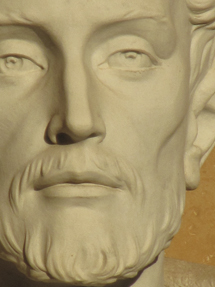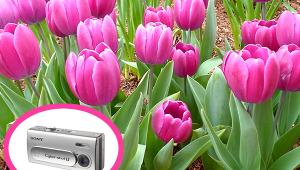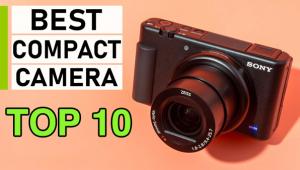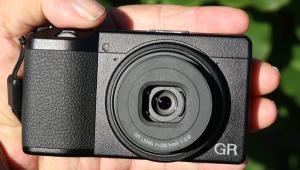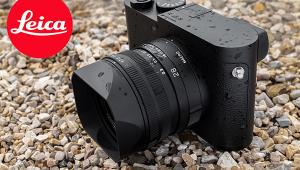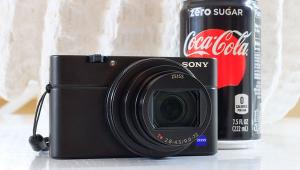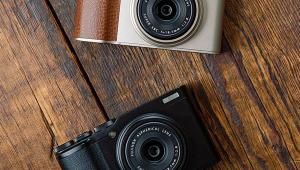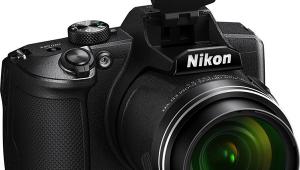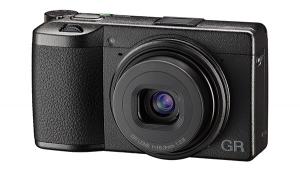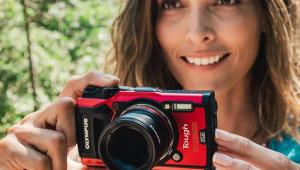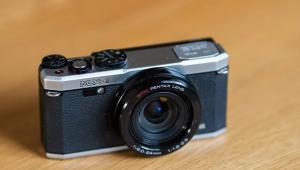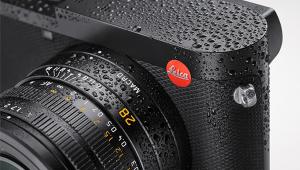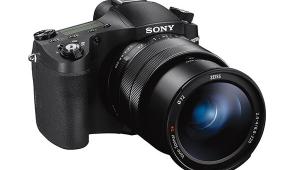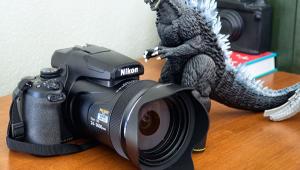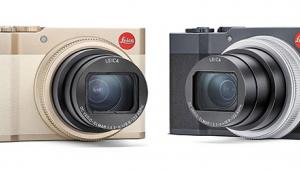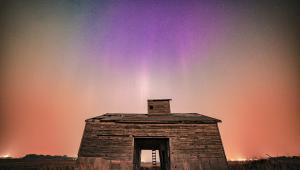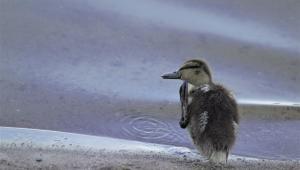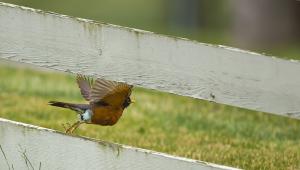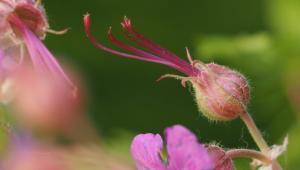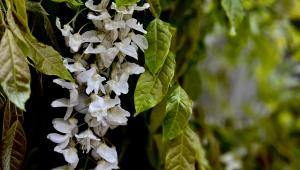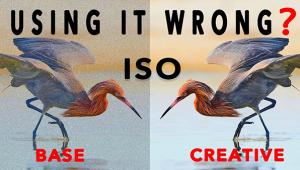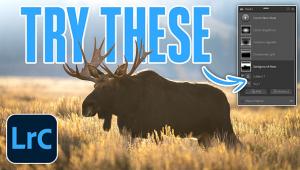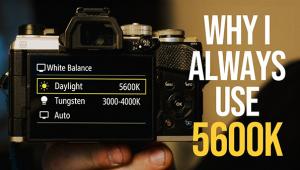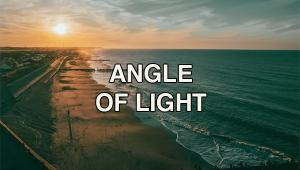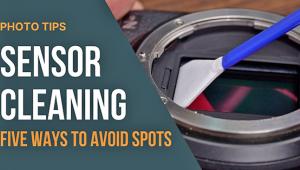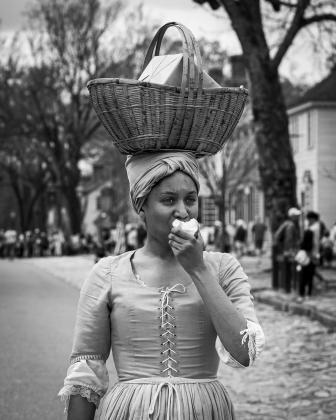I agree with most of the review, but you seem to forget that the bar on the wide angle side has long been upped. To propose a travel zoom with a puny 28mm wide angle, when competitors have gone to 25 and even 24 for years (and in the case of Panasonic 24mm Leica lens, with no compromise in optical quality) is in my view a killing factor that keeps me in search of the perfect travel zoom. On one hand Panasonic TZ20/ZS10 has sent image quality down the drain with their nonsensical search for higher and higher resolution on a tiny chip and ensuing noise, on the other Canon and Nikon keep proposing this insufficient wide angle lens. I'll end up buying a used TZ7, or waiting further that Panasonic reaches sanity and goes back to 12 MPix improving THAT sensor in terms of noise (it was good only at 100-200 ISO) or Canikon proposing finally a good 24mm while keeping the other good features.
Canon’s PowerShot SX200 IS; A Compact 12.1MP Digicam With 12x Optical Zoom
The Canon PowerShot SX200 IS certainly delivers exceptional image quality when shot at reasonable ISO speeds. It has a nice, bright, readable-in-daylight 3” LCD screen and enough options to keep even an experienced photographer amused. The CCD chip in the camera is laden with 12.1 megapixels that, while delivering fairly large image files when opened, might be overkill for this JPEG-only camera. But you can talk to marketing about that. ISO speed can be pushed up to 1600; images certainly have some noise in the upper reaches but they are not unreasonably obscured by going there when needed.
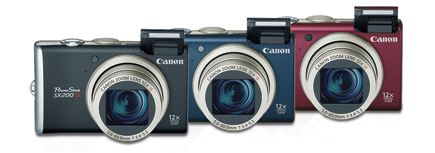 |
One of the major attractions of the SX200 IS is the powerful optical zoom lens (12x) that goes from the equivalent of 28-336mm, shifting from f/3.4 to f/5.6 in the process. If you’re feeling giddy you can ease on into digital zoom land, which will bring you to 48x. At anywhere past 12x, even with lens-shift Image Stabilization on (the camera default) you have to take care (use a fast shutter speed and brace yourself) to get a steady handheld shot. Past 24x all I can say is best of luck to all, though I did manage to get some steady handheld images about a third of the time at 24-48x.
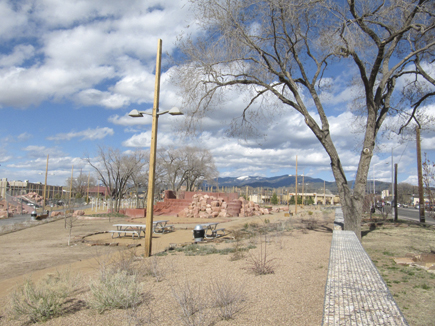 |
|
|
|
|
|
The camera has numerous Exposure modes, including aperture-priority, which is nice, but odd in a camera that at longer zoom focal lengths drops to f/5.6 maximum aperture, with an f/8 minimum aperture. But those aperture settings do come into play when doing close-up work at the wide zoom setting, for which this camera is eminently qualified. And you do have a shutter speed range of (in automatic) 1 second to 1⁄3200 sec, which can only help, given you have the light, to steady things a bit when you zoom. I did find shutter lag much improved over past models and, with a bit of prep pressure on the shutter release prior to firing, almost negligible.
Exposure modes include manual, aperture- and shutter-priority, program, full auto, something called easy auto, and a host of Scene modes, including the usual landscape, portrait, night scene, and Special Occasion modes such as fireworks, beach, snow, etc. Focusing includes Face Detect and a decidedly centered focusing box (with focus lock via shutter button pressure) for all modes, and a helpful AF Point Zoom (which magnifies the focusing area), pretty helpful with close-up work. Interestingly, full auto does not seem to rely on that centered focusing area, as it shows numerous focus targets (in the form of boxes) when you press lightly on the release prior to exposure. One of my favorite modes is stitch assist; nothing new, but fun all the same.
 |
||
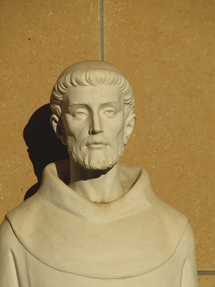 |
|
|
|
||
There are a number of focusing ranges you can set, including normal (1.6 ft to infinity); macro (8” to 1.6 ft); and super macro (lens face to 8”!). At super macro you can literally sit the subject on the front of the lens and attain focus, so you can stick your camera into any super-close situation, listen for focus confirmation and press the shutter.
I made tests at just about every ISO setting and as expected ISO 800 and above yielded some noise, extra contrast, and color inaccuracies, but not as bad as you might expect and overall quite tolerable, given that you use these settings only when necessary. Shots inside a cathedral, where no flash is tolerated, came out fine.
The built-in flash is small and quite weak. The limited range is 9 ft at the wide and 6 ft at the telephoto focal length settings, so don’t get too far from subjects or groups unless you can encompass them in the wide range. Outdoors it didn’t seem strong enough to provide much fill except when working quite close in dim light.
 |
|
|
You can shoot movies with the SX200 IS, at various resolution levels all at 30 fps (frames per second) and you can zoom in and out as you do so, and the results were very nice.
- Log in or register to post comments


I like this camera. The controls are easy to use. A perfect camera for me who loves taking pictures at events. - Thaddeus Heffner

